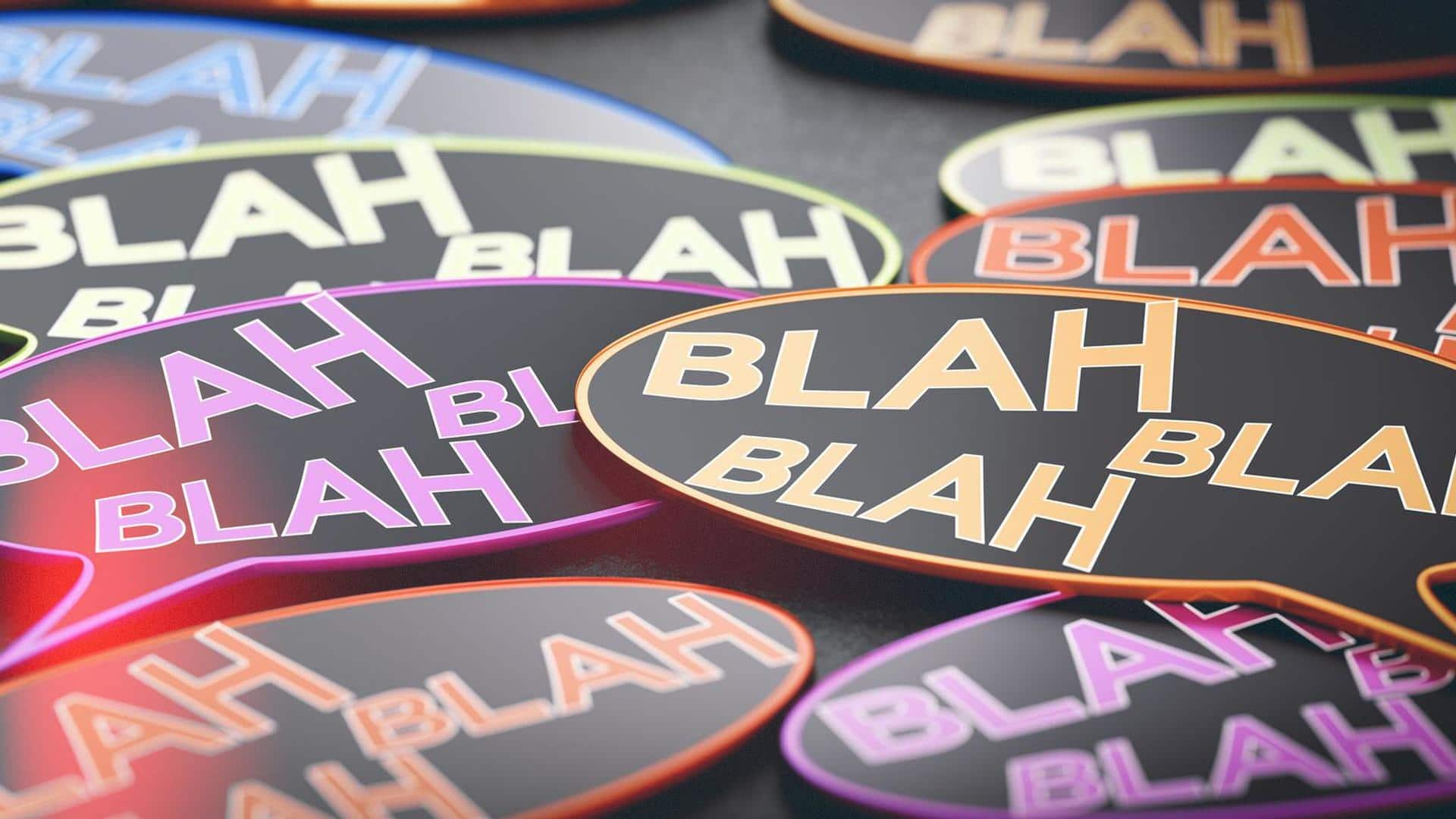
Languishing: The latest buzzword for that 'blah' feeling
What's the story
Have you been feeling motivated and lacking it too at the same time? Well, there is a word to describe what most of us have a hard time explaining. 'Languishing' became a dominant emotion during the COVID-19 pandemic. Today, it is essentially a buzzword for millennials, because yes, most of us are excited but lack excitement. Do you get what we mean?
Meaning
What does 'languishing' really mean?
Coined by an American sociologist, Corey Keyes, languishing is a feeling of emptiness and stagnation. The feeling may also be characterized by a lack of engagement, apathy, and satisfaction, with failing to deliver your best despite the absence of a stressor. It is not a clinical illness or a health condition but a temporary state of mind that reflects the loss of energy.
Connection
How is it a product of COVID-19?
The continuous episodes of 'blah' has a lot to do with us cooping in our homes during the series of lockdowns. With the sudden deaths, people falling ill, people losing jobs, and uncertainty, most of us developed chronic stress, which is why we have started feeling exhausted for no apparent reason. While the world looks in better shape today, we haven't gotten over languishing.
Symptoms
What are the symptoms of languishing?
For languishers, there's nothing wrong, but nothing is right either. During an episode of languishing, people may feel aimless and mindlessly scroll through their social media/television instead of indulging actively in life. They may experience mood swings (irritable or sad) for no reason and may even become disconnected. They may want to do something productive or engaging but lack the energy to do so.
Difference
How is languishing different from depression and burnout?
Languishing, depression, and burnout share almost the same signs and symptoms. However, they are poles apart from each other. Burnout is essentially work-related or happens when your efforts don't match up to your expectations. Languishing, on the other hand, affects all areas of your life including personal, professional, and social. Depression, on the other hand, is a clinical condition way more severe than languishing.
Point
Languishing may be a void between depression and flourishing
Keyes coined this term when he found out that people are neither depressed nor thriving. As per his research depression and anxiety disorders in the next decade won't include people who have their symptoms today. Instead, they will be the ones who are languishing right now. Hence, he says languishing (semi-active/semi-inactive) is a void between depression (absolute inactivity) and flourishing (absolute activity).
Tips
Here's how you can beat languishing
Although languishing isn't a clinical mental health condition, psychotherapy can still help you beat it. You can also include gratitude practices like journaling and meditation in your lifestyle as they have been known to improve one's mood. Set small goals throughout the day so that you can finish them without having to invest a lot of energy and celebrate when you do so.